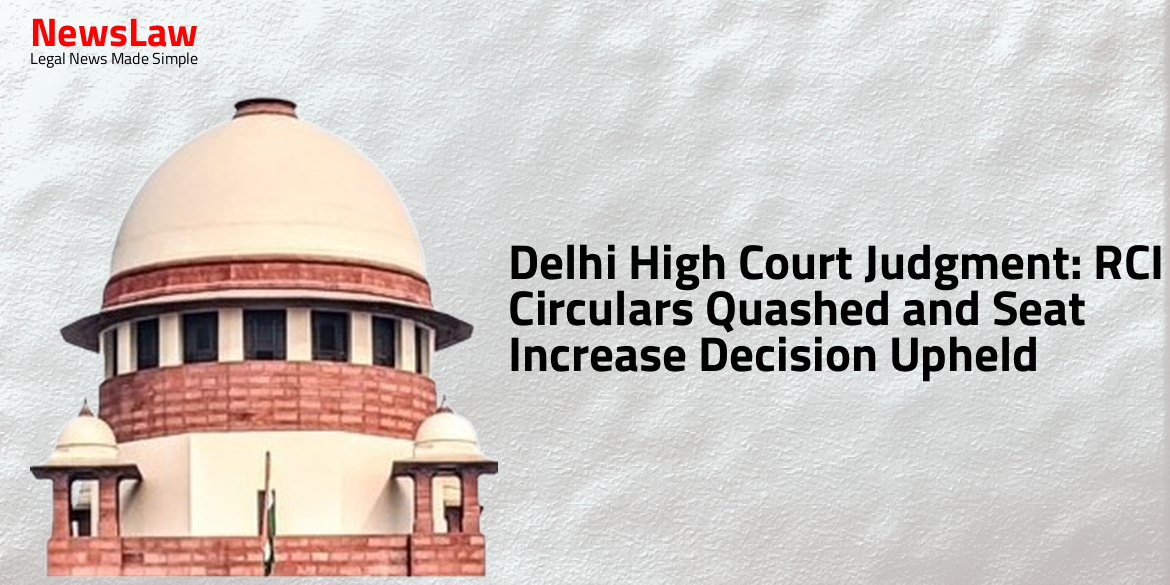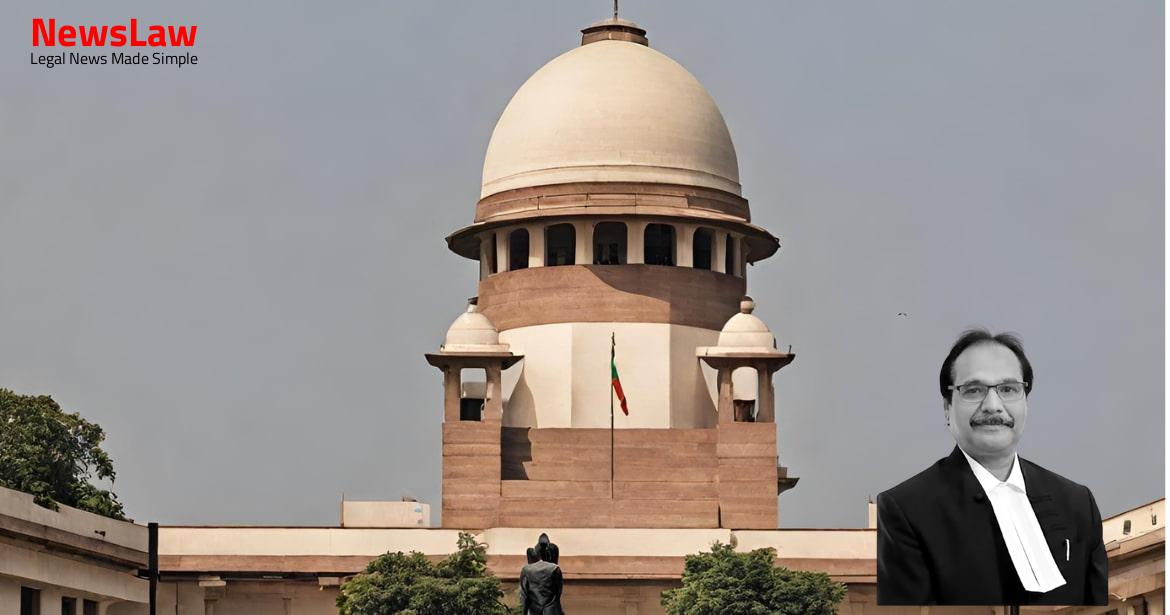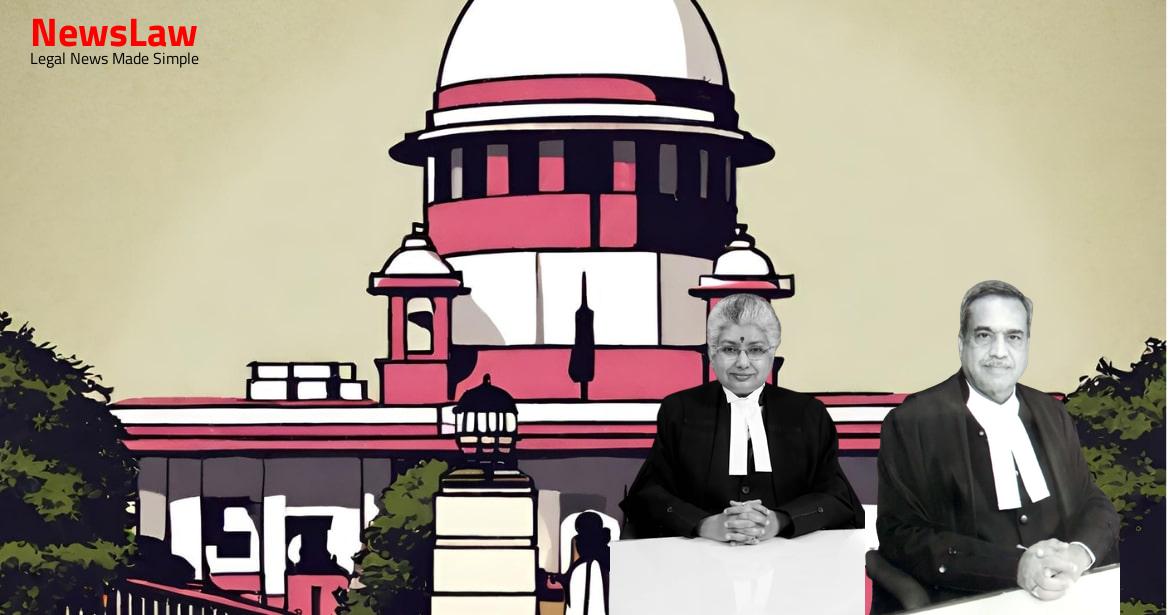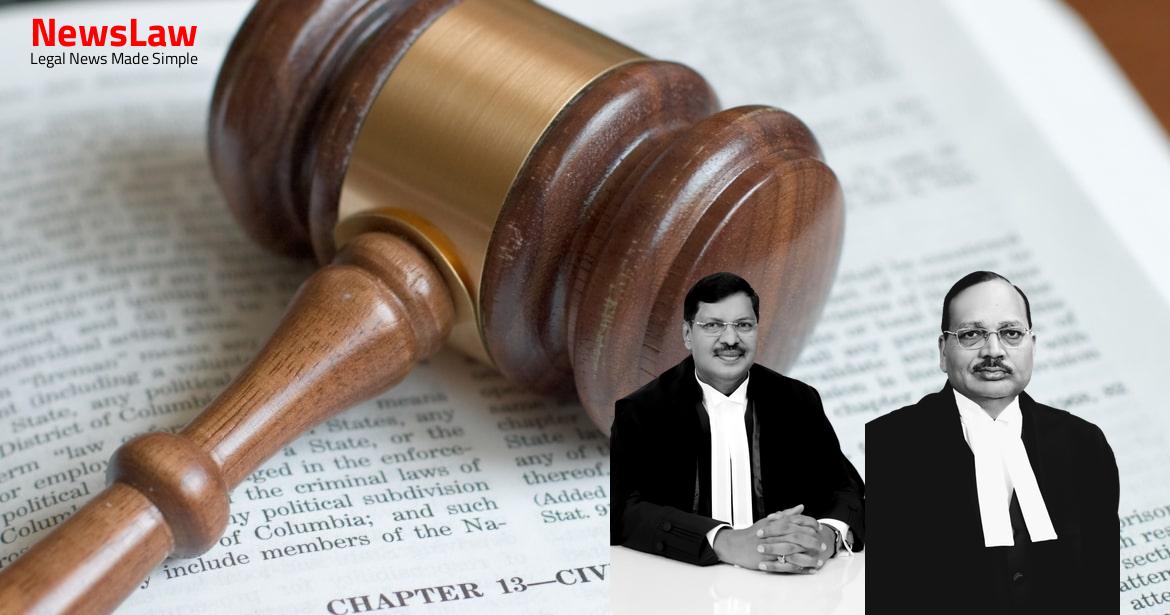The Delhi High Court recently delivered a significant judgment in a case involving the Rehabilitation Council of India (RCI) circulars. The court’s decision addressed the challenges raised by institutions offering Special Education courses against the RCI’s circulars. In the case of the RCI Circulars being quashed and the decision on seat increase being upheld, the High Court’s ruling brings clarity to the legal landscape surrounding Special Education programs.
Facts
- The RCI invites fresh proposals for grant of approval to conduct RCI approved training programmes for the academic session 2024-25.
- The conditions of restriction on the number of programs being relaxed for institutions with requisite infrastructural facilities due to the shortage of Human Resource in the disability sector.
- The circular dated 4 January 2024 is referred to as the ‘Enhanced Seats Circular’ and the one dated 8 March 2024 as the ‘Fresh Proposals Circular’.
- The petitioners in the writ petitions are institutions running rehabilitation professional courses, also known as ‘Special Education courses’.
- The petitions challenge the decisions in the circulars dated 4 January 2024 and 8 March 2024 regarding return of applications and increasing seats in existing institutions respectively.
- The petitioners contend that their infrastructure meets RCI norms and standards and their applications should not have been returned without processing.
- RCI Regulations require institutes offering Special Education courses to adopt the standards recommended by the RCI.
- The RCI issues guidelines governing applications for establishing institutions providing Special Education courses and allows enhancement of intake in existing colleges offering similar courses.
- The grievance of the petitioners arises from the fluctuating decisions of the RCI as reflected in the circulars.
- Regulation 24 mandates institutes to obtain prior approval from the RCI or Central Government to start Special Education courses.
- The Court needs to assess if the respondents acted lawfully by denying processing of the petitioners’ applications.
- Examination required on whether increasing seat intake for special educators in current institutions was permissible by the respondents.
Arguments
- Mr. Sharawat argues that the impugned decisions were solely based on a letter from the Hon’ble Minister, which he claims has no legal basis within the RCI Act.
- He asserts that the Central Government cannot interfere in the grant of approval for Special Education courses as per the RCI Act.
- Mr. Sharawat criticizes the hasty decision-making process and lack of independent evaluation by the RCI in returning applications for new courses.
- He points out discrepancies in justifications provided for returning applications and emphasizes the necessity of compliance with natural justice principles.
- The NEP 2020’s provisions on Special Educators are brought up to showcase the urgency in increasing their numbers.
- Mr. Sharawat questions the validity of decisions allowing seat increases in existing institutions without clear norms or infrastructure requirements.
- He highlights the lack of clarity on when the proposed integrated Special Education course will be implemented.
- Ms. Jauhari defends the decisions, mentioning the proposal to relax conditions for institutions with necessary infrastructure.
- The argument delves into the need for multidisciplinary teacher education and the role of composite institutions as per NEP 2020.
- The legality and procedural flaws in the decision-making process, as well as concerns about compromising educational standards, are central to Mr. Sharawat’s arguments.
- Defendant argues that 571 institutions set up infrastructure based on invitations by the respondents.
- Institutions are now in jeopardy due to the decision taken by the respondents.
- Defendant claims that Central Government cannot interfere in executive discretion when legislation is in place.
Analysis
- RCI invited fresh proposals from institutions for conducting RCI approved training programmes for the academic session 2024-2025
- Promises and representations were made to the public that fresh proposals for all Special Education courses were welcome
- Decision not to consider fresh proposals for D.Ed. Spl. Ed. and B.Ed. Spl. Ed. courses was not justified
- Circulars issued by RCI indicated the continuation of Diploma Level Special Education courses
- The burden lies on the Government to show the public interest in resiling from the promise
- The petitioners invested significantly based on the representations held out by the RCI
- Challenge to the Enhanced Seats Circular not to be examined as petitioners did not apply for those courses
- Issuance of Circulars and guidelines for institutions to submit proposals adhering to specific norms and requirements
- No impleading of affected institutions in the challenge to the enhancement of seats in existing institutions
- Equity assessment required to justify the decision to return the petitioner’s applications
- Institutions must obtain prior approval from the Council/Central Government to start a rehabilitation professional course.
- Approval process involves approaching the Council through the respective State Government/Union Territory Administration.
- State Government/Union Territory Administration’s stance on institutions managed by Non-Governmental Organizations must be clear.
- Chairperson may exercise the power of the Council in urgent matters, subject to ratification by the Executive Committee.
- Annual General Meeting guidelines include discussing various reports, budget proposals, and standardization of training courses for professionals in rehabilitation.
- Executive Committee has powers for management, policy setting, budget review, staff recruitment among other responsibilities.
- Creation of certain posts requires Central Government approval, while others can be decided by the Executive Committee.
- The principle of promissory estoppel applies against the Government.
- Government can change its stand if there is a supervening public equity.
- Government can withdraw from its representation if it is in the public interest.
- Court must ensure that such public interest exists before allowing Government to change its stand.
- Urgent requirement for additional Special Educators is recognized
- Public interest does not justify the return of applications for starting new Special Education courses
- The impugned decision to return the applications cannot be justified by NEP 2020
- The legal position is clear and additional issues or cited decisions are unnecessary
Decision
- The decision to grant approval for seat enhancement will be based on verification of requirements.
- The Circulars dated 4 January 2024 and 8 March 2024, which returned the petitioners’ proposals, are quashed to the extent of returning the applications.
- The proposals will be processed in accordance with the law.
- The challenge to the Circular dated 8 March 2024 permitting existing institutions to increase seats is dismissed.
- The writ petitions are partly allowed with no costs.
Case Title: SANJEEVANI COLLEGE OF EDUCATION Vs. REHABILITATION COUNCIL OF INDIA (2024:DHC:4642)
Case Number: W.P.(C)-6658/2024



